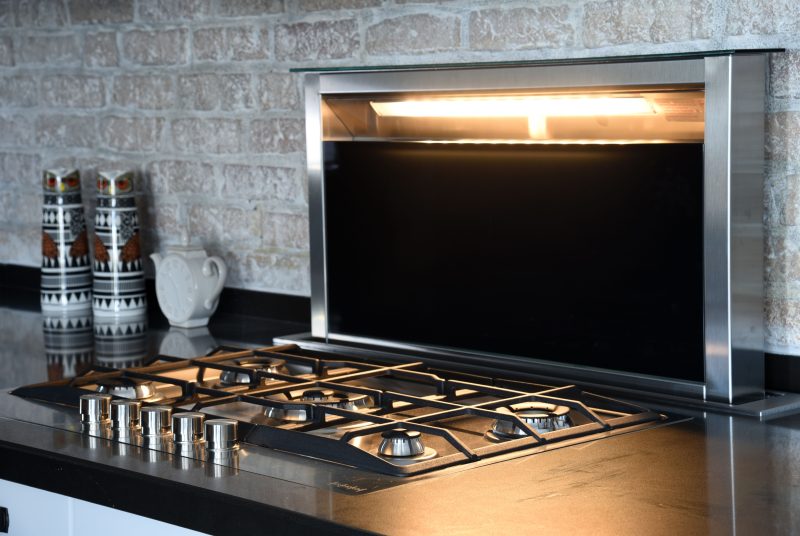Kitchen Appliance Installation: Oven, Stove, Range – Know the Differences
15 July 2024
Explore the differences between kitchen appliances like ovens, stoves, and ranges. Experience expert kitchen appliance installation from Master-Tech today.
When it comes to kitchen appliance installation, it’s crucial to understand the differences between ovens, stoves, and ranges. These terms are often used interchangeably, but they refer to distinct appliances with their own unique features and installation requirements. Whether you’re renovating your kitchen or building a new home, having a clear grasp of these differences will ensure a seamless installation process and optimal functionality in your culinary space.
Understanding Kitchen Appliances
Kitchen appliances like ovens, stoves, and ranges are essential for culinary tasks but differ in functionality and design:
• Oven: Primarily used for baking, roasting, and heating food. Ovens come in built-in and freestanding models, with variations in size and features.
• Stoves: Also known as cooktops, stoves provide direct heat for cooking using either gas or electric burners. They are available in various configurations and sizes to suit different kitchen layouts.
• Range: A combination appliance that integrates both an oven and a stove into a single unit. Ranges offer convenience and space-saving benefits, ideal for kitchens with limited space.
Oven Installation
Kitchen appliance installation like an oven involves understanding the type and placement:
• Built-in Ovens: These are designed to fit seamlessly into cabinetry or wall units, offering a sleek and integrated look. Installation requires precise measurements and considerations for electrical or gas connections.
• Freestanding Ovens: Stand-alone units that can be placed anywhere in the kitchen. They come with a cooktop on the top or as a separate unit.
Stove Installation
Stoves are categorised based on their heating source:
• Gas Stoves: Preferred by many chefs for their precise temperature control and instant heat. Installation involves gas line connections and safety precautions for ventilation.
• Electric Stoves: Electric stoves offer consistent heating and easy cleaning. Installation requires an electrical connection with proper voltage and amperage to support the stove’s power requirements.
Range Installation
Ranges combine the functionalities of ovens and stoves:
• Gas Range: Integrates a gas stove with a gas oven, providing versatility in cooking methods and fuel efficiency.
• Electric Range: Features an electric stove paired with an electric oven, known for even heating and temperature accuracy.
Importance of Expert Kitchen Appliance Installation
Expert kitchen appliance installation plays a pivotal role in ensuring the functionality and safety of your kitchen. Beyond mere convenience, professional installers adhere to manufacturer specifications and local building codes, minimising risks associated with electrical, gas, or plumbing connections. This attention to detail not only prevents potential hazards like leaks or malfunctions but also optimises the appliance’s performance, preserving its efficiency and extending its lifespan. Investing in expert installation not only guarantees immediate peace of mind but also enhances the overall quality and reliability of your kitchen appliances.
If you’re in the process of renovating or building a new kitchen, consulting with Master-Tech can provide invaluable guidance and expertise. We can assess your space, recommend the most suitable appliances, and ensure a seamless installation process, allowing you to enjoy a functional and efficient kitchen for years to come. Call us to schedule a consultation today!
Optimized by: Netwizard SEO


